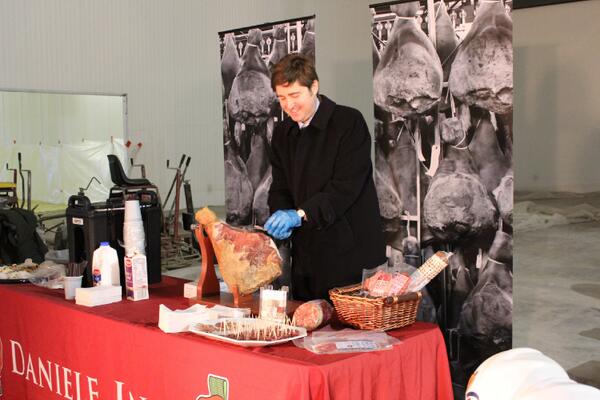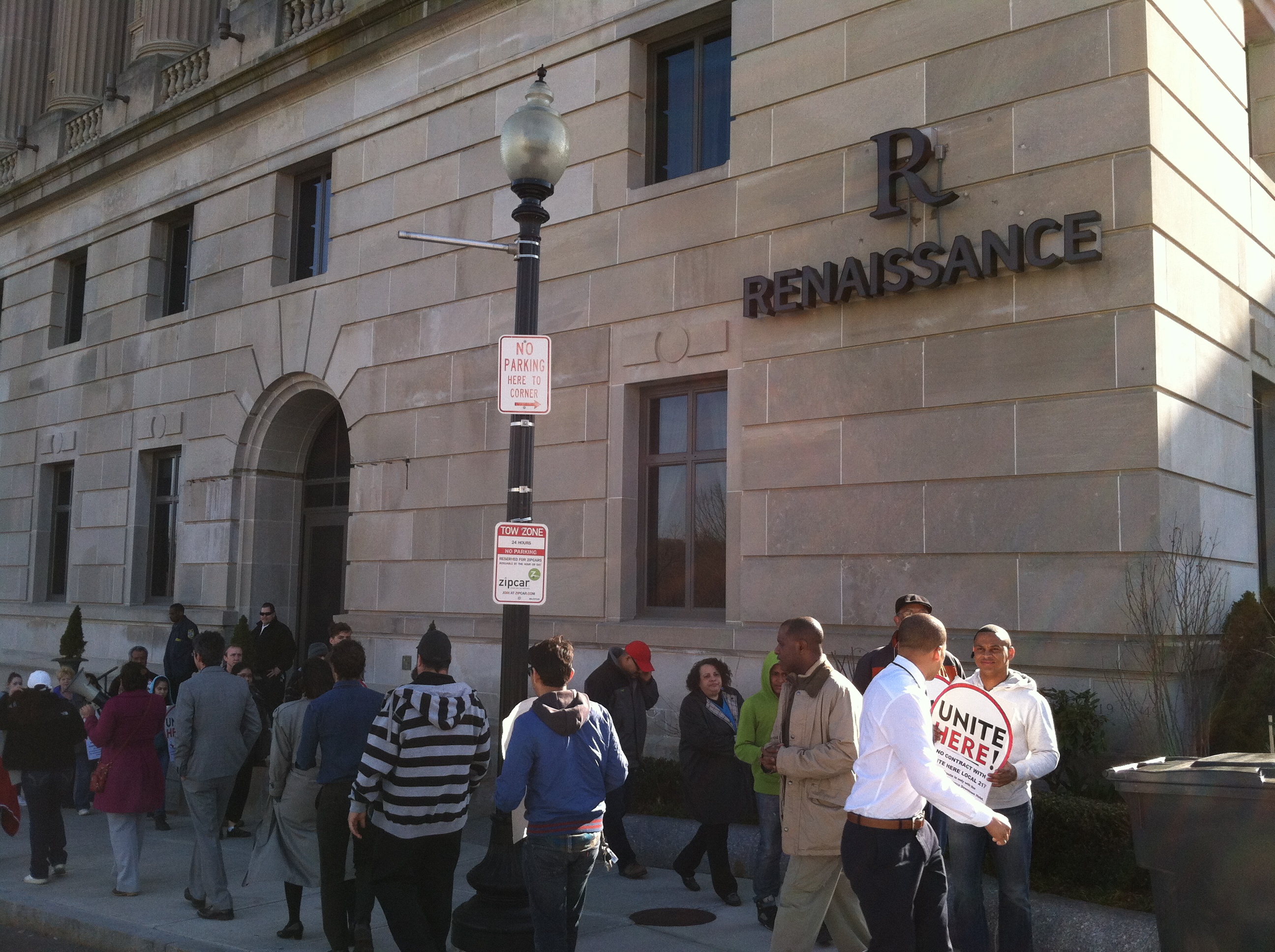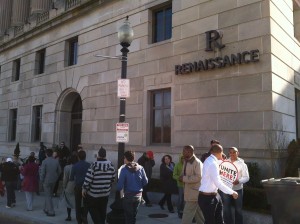
The recent cancellation of anti-LGBTQ activist Michelle Cretella’s talk at Providence College by Dr. Matthew Cuddeback has taken a new turn.
Cuddeback initially invited Cretella, a founding member of NOM-RI (dedicated to preventing marriage equality in our state), a board member of NARTH (dedicated to “curing” homosexuality) and vice president of the American College of Pediatrics (a group that broke away from the American Academy of Pediatrics because of its support of adoption by gay and lesbian couples) not to discuss any of that work, apparently, but to “describe her journey to navigate the controversial issue of homosexuality as a physician and a Catholic.”
Cuddeback defended inviting an Cretella because she “is not a therapist, and had no intent to speak as one. Her intent was to speak of her journey, as a physician, from rejecter to appreciator of the Catholic and natural law traditions concerning homosexuality.”
If Cretella is not a therapist, and had no intention to speak as one, how does one explain a piece she wrote on LifeSiteNews yesterday in which she said,
No therapy is free from harm. Regarding all forms of psychotherapy for any given condition a surprisingly high 14-24 percent of children deteriorate during psychotherapy.
This sounds like something a therapist might say, especially one who signs her piece as Michelle Cretella, MD and chairs the American College of Pediatricians’ Committee on Adolescent Sexuality. She certainly wants us to accept that her credentials somehow add gravitas to her opinions. Note also that this piece was to appear in the same week that Cretella was scheduled to speak at PC.
The piece she wrote yesterday never once mentions “natural law” or Catholicism. Instead, Cretella lays out her case as a lawyer might, filling her piece with footnotes and links to studies. To some her piece might look like a case made by a scientist or a doctor, but it is not. It is pure religious advocacy, dressed up as science to present an opinion, not fact. Cretella wrote the piece to argue against laws that prevent so-called therapists from attempting to “cure” those under the age of eighteen of homosexuality.
Cretella never mentions what some of these therapies entail. Cures advanced over the years for treating homosexuality have included Prozac, playing sports, hypnosis and gaining weight. One extreme example is aversion therapy, in which victims are shown pornography and their genitals are electrocuted when they react improperly. Ruined lives and suicides are often the tragic result of these techniques, but Cretella, who is not a therapist, is silent. Perhaps because, not being a therapist, she is not qualified to speak on these topics?
Cuddeback, in canceling the talk, said, “Because I sense that Dr. Cretella may be the object of animus were she to present at PC next week, I have advised her that we shall postpone her presentation.”
Cuddeback is being disingenuous. Cretella has earned every inch of animus aimed her way.





